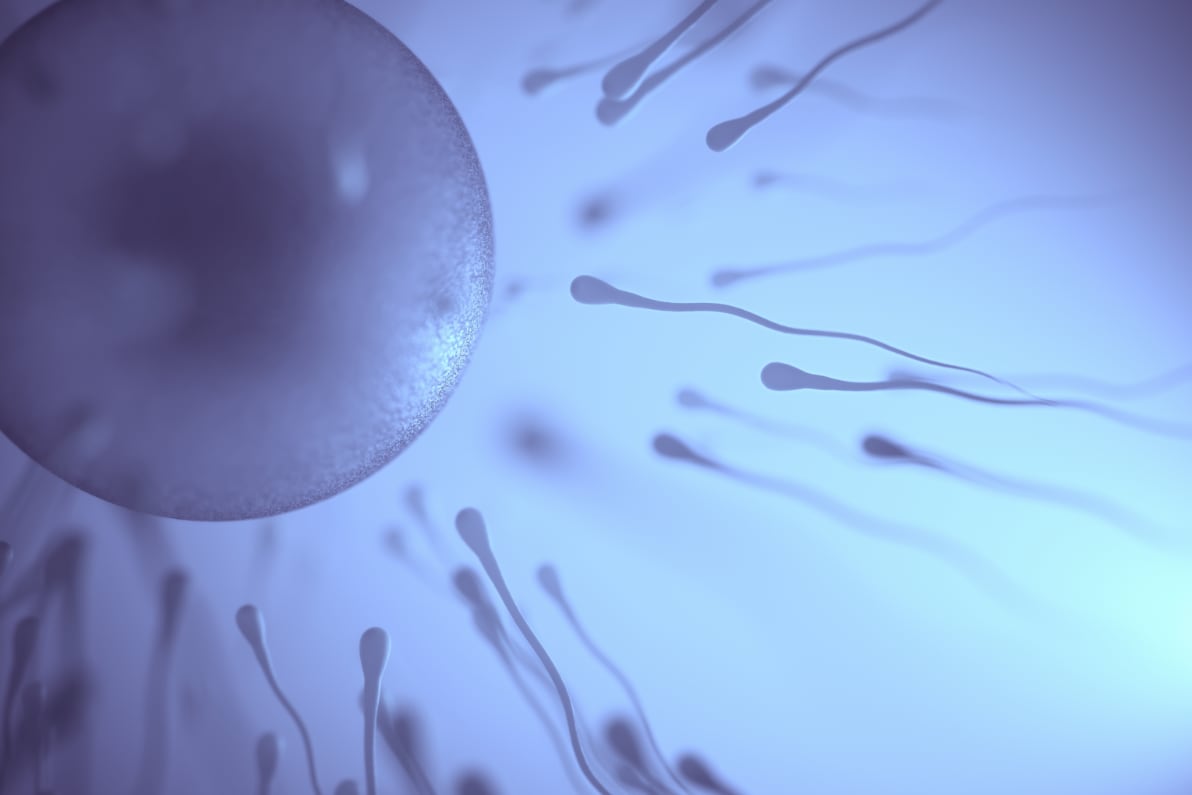Fertility preservation
If you want to preserve your fertility for the future, egg freezing, embryo freezing and sperm freezing are fertility preservation options you may want to explore. The information presented on the Fertility Society’s website is not to be used as medical advice.
In case you’re not ready to start a family yet, but want to increase your chances of falling pregnant at a more advanced maternal age, freezing your eggs is an option. Fertility preservation may also be relevant to you, if serious illness or the treatment of a condition has damaged your fertility or affected your chances of conceiving naturally.
Female fertility preservation
Egg freezing
Egg freezing allows a woman to have her unfertilised eggs stored in a specialised facility. They are retrieved when the woman is still young and fertile and they can be used to help her achieve pregnancy later in life, when her fertility may have declined.
To collect eggs for freezing, you will go through a hormonal stimulation procedure, similar to an IVF procedure. After your egg retrieval (a procedure under anaesthetic), your eggs will be frozen and stored. Whenever you are ready to use your eggs - often years later - they will be thawed and fertilised with sperm. When the fertilised egg develops into an embryo, your fertility specialist will transfer the embryo into your uterine cavity, a simple procedure similar to a pap smear test.
Embryo freezing
Embryo freezing is a technique that shows some similarity to egg freezing. However, after the egg retrieval procedure, your eggs will be fertilised straight away. When they develop into embryos, the embryos will be frozen and stored. As a result and similar to egg freezing, you can use them later in life without significant deterioration. This procedure is recommended if you have a partner. Should the relationship break up, then both partners have the right to withdraw their consent to use the embryos.Ovarian tissue freezing
Ovarian tissue freezing involves freezing and storage of tissue from the ovarian cortex. When you are ready to start a family later in life, the tissue containing undeveloped eggs can be reimplanted. About nine months later, the ovarian tissue can start producing reproductive hormones resulting in the development of follicles. This technique is still relatively new and some consider it an experimental form of assisted reproductive technology.In other cases, fertility preservation is explored and used, simply because as a woman you have not found a partner. Or you are simply not ready. Other reasons to look into female fertility preservation include the timing of treatment for a serious illness that you may need to undergo, which may damage your fertility in the future.

Cancer therapy may reduce your chances of having a baby in the future. Or you may have surgery for endometriosis which in some cases can reduce your fertility as well. There are many reasons for fertility preservation and with new and evolving techniques we recommend talking to your qualified fertility specialist to discuss your options.
Sperm freezing for medical reasons
When you are about to undergo cancer treatment such as chemotherapy or radiation, your sperm can be damaged. Cancer therapy sessions can damage your sperm quantity, sperm quality and DNA structure.Sperm freezing for social reasons
In some cases, sperm freezing is done for social or professional reasons. During an IVF treatment cycle it is not uncommon that the male partner cannot be present on the day of the surgery (when a fresh sperm sample is normally used to fertilise the harvested eggs). In this case, a frozen sample will be thawed and used to fertilise the retrieved eggs.Before sperm is frozen, you will undergo a few tests to screen for infectious diseases such as hepatitis B and C, HIV and syphilis. You will also give a written consent to the fertility clinic to store your sperm. In most cases you will produce a fresh sample of semen at the fertility clinic which will then be frozen and stored in a storage tank that contains liquid nitrogen. In some cases, men prefer to produce the semen sample at home. The options depend on the applicable procedures at your local fertility clinic, and they will be discussed during your visit with the fertility specialist. If you are unable to produce a sperm sample, a testicular biopsy may be performed at your clinic, to collect sperm directly from your testicles using a needle.
Women
Some cancer treatments may damage your ovaries and decrease your ovarian reserve. Cancer treatment may also impact your hormone production and the communication between your brain and your ovaries. Surgery, radiation therapy and chemotherapy to treat cancer may damage your reproductive organs. In some cases your reproductive organs will have to be removed partly or entirely.
Men
Some cancer treatments may affect your sperm quantity (e.g. low numbers of sperm are made), sperm quality (e.g. the sperm that are made do not work properly) or sperm motility (e.g the sperm move poorly). In some cases the testicles also become damaged or other reproductive organs are removed during surgery.
Important note
Please note that the information provided is not medical advice. To obtain personalised information about suspected infertility, please contact your qualified fertility specialist.

